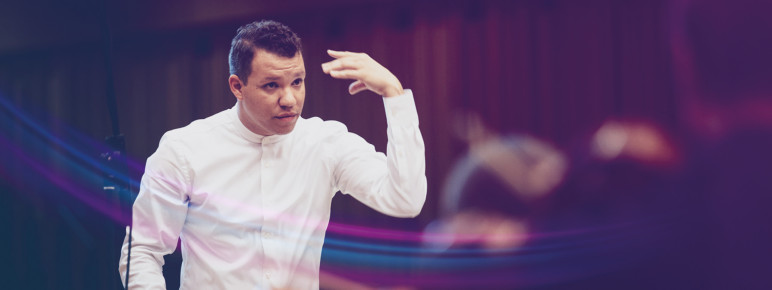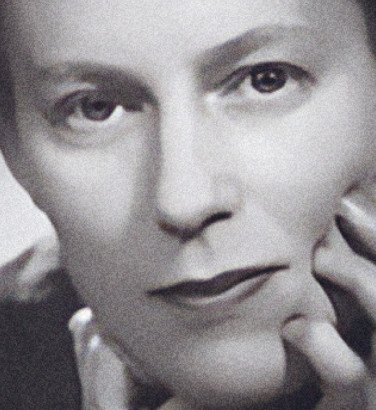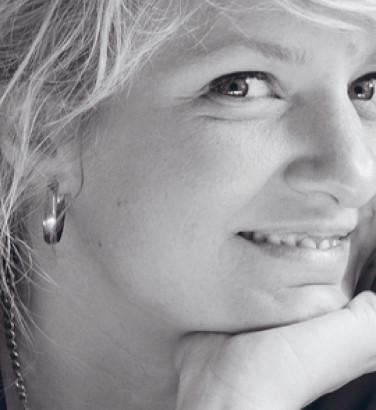
Dementia-Friendly Concert programme
27 Oct 2023
News Story
Appalachian Spring with Ryan Bancroft
Dementia-Friendly Concert in association with Alzheimer Scotland
Thursday 2 November, 2pm
Queen's Hall, Edinburgh
Programme
This concert will feature a short programme of music played by young musicians from Big Noise Wester Hailes to enjoy as you take your seat and get settled.
Copland (1900-1990)
Appalachian Spring (complete ballet)
- Prologue
- Eden Valley
- Wedding Day
- Interlude
- Fear in the Night
- Day of Wrath
- Moment of Crisis
- The Lord's Day
Your Orchestra
First Violin
- Colin Scobie
- Lisa Aferiat
- Huw Daniel
- Kana Kawashima
- Aisling O'Dea
- Amira Bedrush-McDonald
- Sarah Bevan Baker
- Wen Wang
Second Violin
- Marcus Barcham Stevens
- Gordon Bragg
- Michelle Dierx
- Rachel Smith
- Niamh Lyons
- Stewart Webster
Viola
- Max Mandel
- Ana Dunne Sequi
- Brian Schiele
- Steve King
Cello
- Philip Higham
- Christian Elliott
- Donald Gillan
- Eric de Wit
Bass
- Nikita Naumov
- Jamie Kenny
Flute
- André Cebrián
- Marta Gómez
Piccolo
- Marta Gómez
Oboe
- Robin Williams
- Katherine Bryer
Clarinet
- Maximiliano Martín
- William Stafford
Bassoon
- Cerys Ambrose-Evans
- Alison Green
Horn
- Benjamin Hartnell Booth
- Jamie Shield
Trumpet
- Peter Franks
- Brian McGinley
Trombone
- Duncan Wilson
- Nigel Cox
Timpani
- Louise Lewis Goodwin
Percussion
- Iain Sandilands
- Colin Hyson
Piano
- Simon Smith
Harp
- Eleanor Hudson
Programme note
Following studies in Paris with the influential Nadia Boulanger, Aaron Copland had explored an angular, dissonant modernism earlier in his career. Guided by his social conscience, however, he turned towards a simpler, more immediately accessible style from the late 1930s, in music that he hoped would speak directly to listeners, and celebrate the best of American history and values. Just think of the stirring Fanfare for a Common Man (which makes a reappearance in the finale of his questing Third Symphony), or the hijinks of Billy the Kid or Rodeo, or indeed the touching nobility of his Lincoln Portrait.
Most famous of the lot, however, is Appalachian Spring, which Copland wrote in 1943 and 1944 following a request from choreographer and dancer Martha Graham in 1942 for a ballet ‘with an American theme’. Her idea for a scenario couldn’t have been simpler: a rural Pennsylvania community, two young newlyweds, a visiting preacher, and a few wise lessons dispensed by an older settler. It’s a generic-sounding story in which hardly anything happens, with characters that are little more than archetypes, and yet Appalachian Spring conjures a truly moving, visionary parable about American values, pioneers conquering a new land, strength, determination and resilience.
There’s little of the wild experimentalism of Ives here – though perhaps some similarities in Appalachian Spring’s gentle dissonances, its hymn-like harmonies and its hoedown tunes. The full ballet score, which you hear tonight, features darker, more troubling episodes that Copland omitted from his more familiar suites. Having wed the young couple, the preacher warns of the dangers of the encroaching Civil War (evoked through the distant sounds of military drums), to the evident anguish of husband and wife. Even here, however, both eventually regain their earlier sense of calm with the support of their community.
The work received its final title only shortly prior to its premiere, before which time Copland had simply called it ‘Ballet for Martha’, which remains its subtitle. And that last-minute naming inadvertently caused a couple of ironies. Copland admitted to being amused later in life when commentators remarked on how well he’d captured the Appalachians in springtime. Yes, there’s plenty of freshness and a sense of promise and new life in his music, but the ‘spring’ of the title actually refers to a source of water: Graham took the title from a poem by Hart Crane that refers to ‘wat’ry webs of upper flows’. And Copland also admitted to a certain regret at including the score’s most famous tune, the Shaker hymn ‘Simple Gifts’ (probably better known to Brits as ‘Lord of the Dance’), saying: ‘My research evidently was not very thorough, since I did not realise that there have never been Shaker settlements in rural Pennsylvania!’
He was aware, too, that his music’s simplicity and sincerity may end up tipping over into empty sentimentality or even mawkishness, writing late in his life: ‘I have often admonished orchestras, professional and otherwise, not to get too sweet or too sentimental with it.’ Nevertheless, with its wide-open sounds, its hope, expectation and childlike joy, Appalachian Spring is one of classical music’s rare works of unfettered optimism – surely another crucial ingredient in visionary American idealism.
© 2023 David Kettle
Related Stories
![]()
Digital Season: The Origin of Colour - Programme Notes
16 October 2025
Read the programme note for our online performance of Jay Capperauld's The Origin of Colour.![Composer Ruth Gipps leaning forward with both hands gently touching her face.]()
Digital Season: Gipps Seascape
7 March 2025
Read the programme note for our online performance of Gipps' Seascape![Composer Andrea Tarrodi leaning forward with one arm resting on a surface and her face resting on the palm of her other hand.]()
Digital Season: Andrea Tarrodi Serenade in Seven Colours
6 November 2024
Read the programme note for our online performance of Tarrodi's Serenade in Seven Colours.


